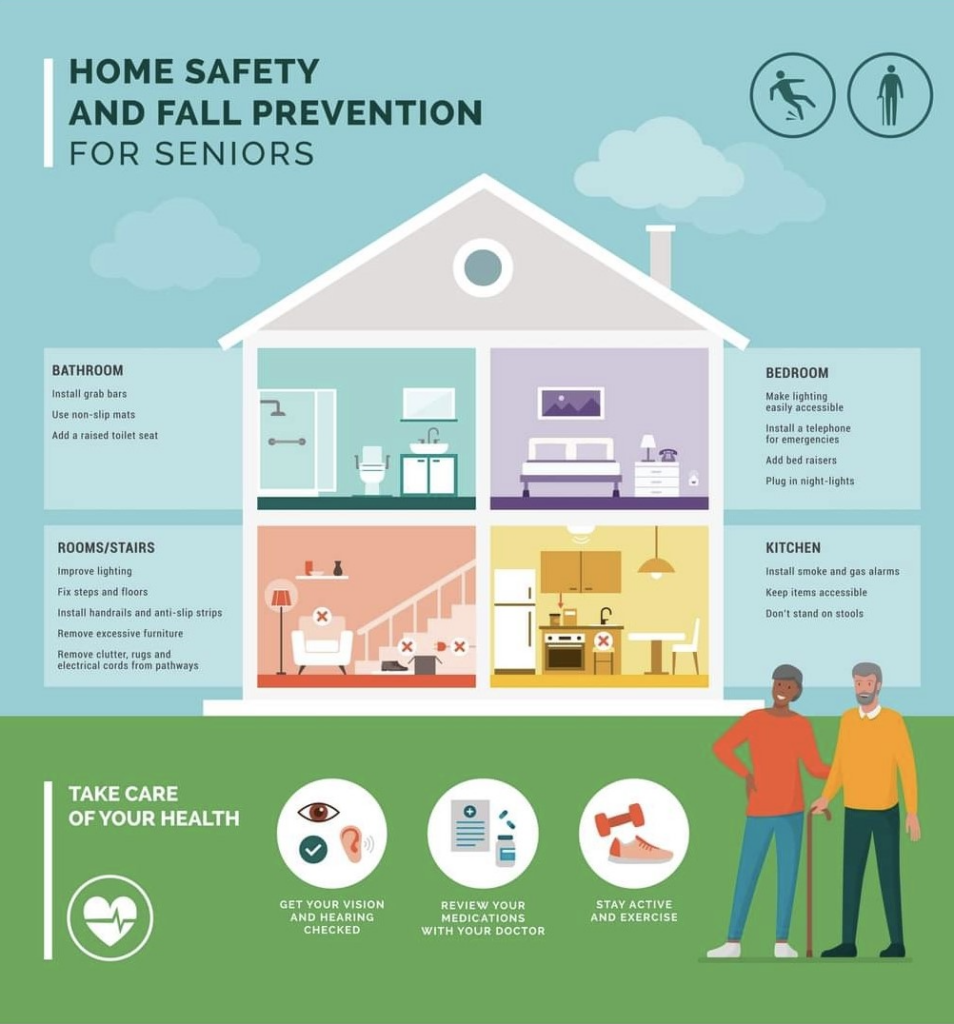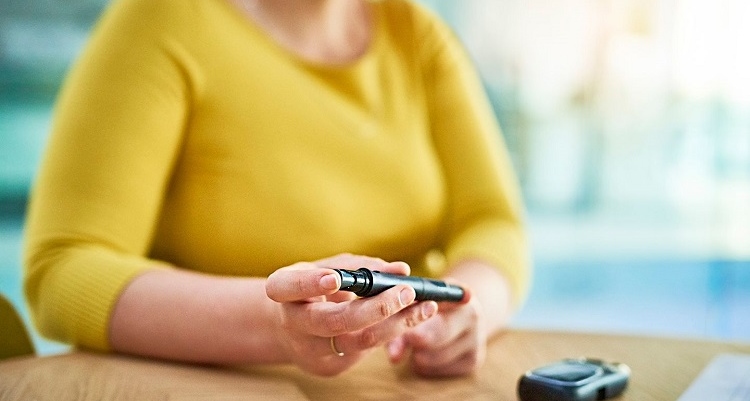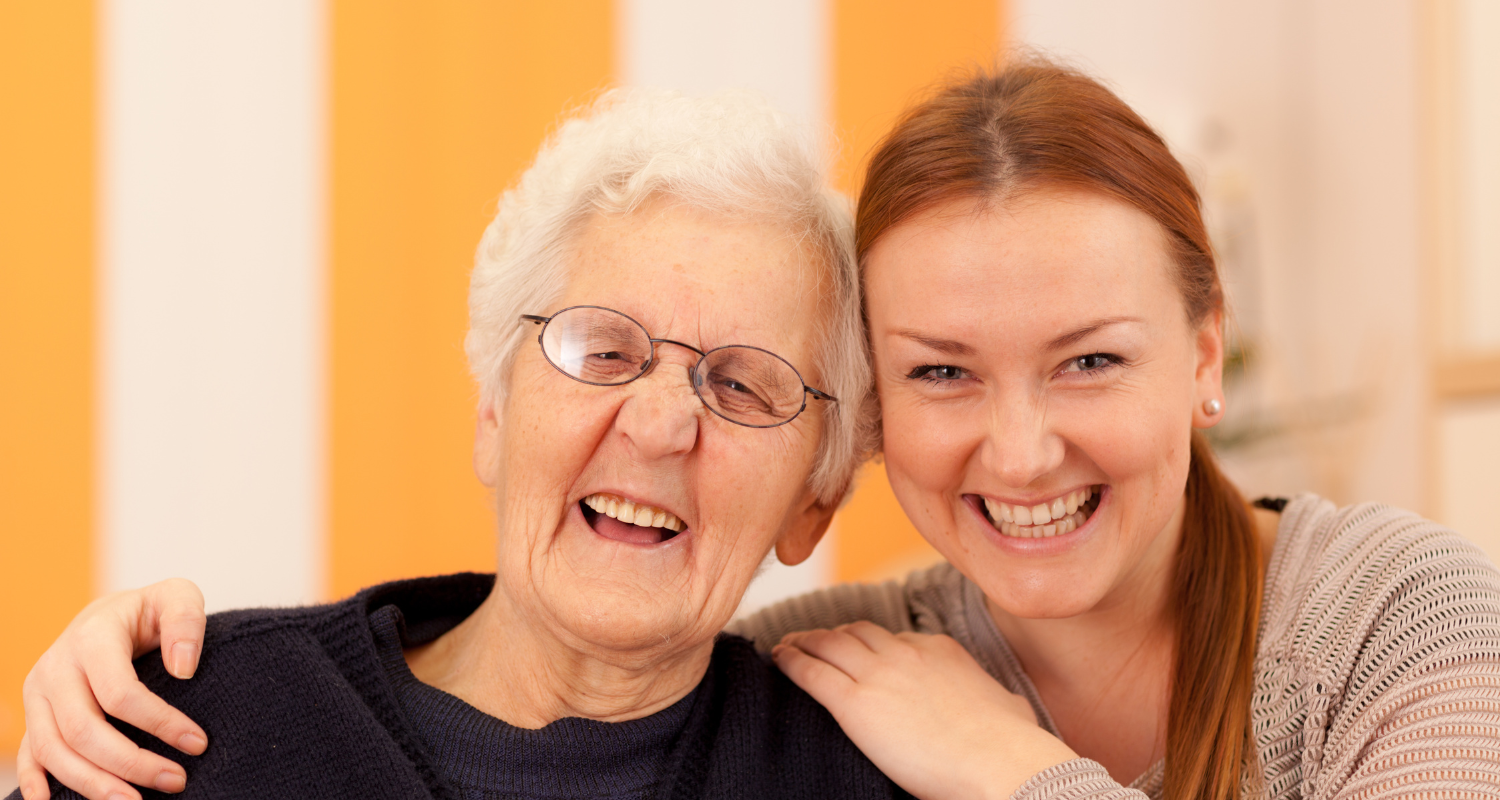In our blog titled Falls in older adults we covered the increased likelihood of a fall in mature aged adults and some of the main contributing factors. Statistics show that 30% of mature adults (65 yrs+) will experience at least one fall per year.
The good news is that studies suggest that up to 40% of reported falls could be reduced by taking preventative measures. It is important that we all take falls prevention and management seriously, by being open about the risk and proactive in our approach.
To get you started, we’ve covered some key steps below, and outlined how your Home Care Package can support you.
Medical contributors:
– Have your medications reviewed at least annually by a GP referral to a pharmacist (some medications can cause dizziness or drowsiness, increasing the risk of falls)
– Have regular health checkups to promptly address any concerns related to balance, vision, or
mobility
Physical contributors:
– Regular exercise can improve strength, balance, and flexibility, reducing the risk of a fall
– Get up slowly, ensuring you are steady on your feet before starting to move
– Ensure you have a good diet, get enough sleep, keep hydrated, and limit alcohol intake and use of non-prescription medications
Environmental factors:
– Keep entrance, walkways, and corridors clear of obstacles, removing potential trip hazards
like loose rugs, mats, or clutter
– Ensure adequate lighting in areas prone to darkness or dimness
– Add sturdy grab rails in bathrooms to provide support and stability, particularly in wet areas
– Use professional recommended aids (often falls are a result of not using available aids)
– Wear nonslip shoes and use nonslip mats in ‘wet areas’ such as shower, bath, laundry, or kitchen
– Ensure any spills are cleared immediately
– Keep frequently used items within easy reach
– Ask someone for help when it comes to reaching high places in the home. Don’t use steps and ladders unnecessarily
– Have a plan in place in case of a fall. Keep emergency numbers easily accessible
– Let those who care for you know about the fall and explore ways to avoid a recurrence

What to do if someone has taken a fall
– It is important for everyone to remain calm
– Assess for injuries, bleeding and breaks
– Provide appropriate first aid, including keeping warm
– If the mature aged adult is hurt, call emergency services on 000 and ask for an ambulance
– Head injuries are a major concern and should not be ignored, seek medical attention immediately
– If the mature aged adult is not hurt, safely assist to get up from the floor – view the videos below for safety tips
– If it is not safe or feasible to help the person up, ensure you have assistance either from another person or call emergency services
– Consider arranging an appointment with a GP or other relevant professional
– Ensure a family or friend is contacted and aware of the details of the fall
Follow up actions
– Inform your Care Advisor or home care package provider of the incident
– Complete any required documentation related to incident reporting
– Care services and needs may change as a result of the fall, this can include a package level
reassessment
– A change in aids, equipment, falls alarm or home environment should be considered
– In some cases the fall can cause an injury that requires hospital treatment. Short term
transitional care may be appropriate if the required care is not available at home.
How your Home Care Package can help
– Minor home modifications such as the installation of hand and grab rails
– Purchase of aids and equipment, or a Falls Alarm
– Night lights
– Home cleaning, organising and decluttering support
– Transport to and from medical appointments, shopping and social outings.
– Support workers to help in a range of ways around the house and out in the community
– Consultation with a range of Allied Health professionals such as:
– a Registered Nurse to conduct a Falls Risk Assessment
– an Occupational Therapist for recommendations on aids or equipment
– a Physio Therapist to maintain and improve strength and balance
– a Dietitian or Speech Therapist for advice on food, hydration, nutrition and weight
management
– an Incontinence Nurse for advice on managing incontinence and the purchase of
incontinence aids and products
– a Cognitive Impairment Assessment, to provide support and application for the cognitive
impairment supplement where applicable
More information on falls management
– Stay on your feet: has a wide range of instructional videos on falls-related topics
– Falls prevention for Mature Aged people
– Australian and New Zealand Falls Prevention Society: details on state based programs
– Home falls prevention checklist
Related Posts
July 7, 2025
Managing diabetes with a Home Care Package – a path to better health
Living with diabetes can feel like a…




